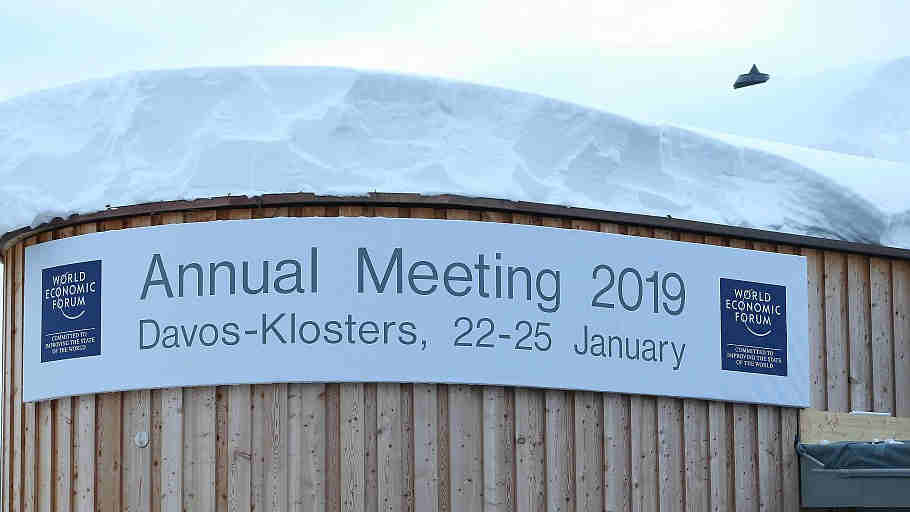Officials stress Globalization 4.0, wise technology use at Davos

Officials and business leaders gathered at Davos on Tuesday to brainstorm economic and other global issues. They called for governments to act together to embrace Globalization 4.0, which is also known as the 4th Industrial Revolution, at the opening ceremony of the World Economic Forum (WEF) annual meeting.
The opening ceremony was marked by speeches from Klaus Schwab, founder and executive chairman of the WEF, and Swiss President Ueli Maurer.
The theme for this year's event is Globalization 4.0. Klaus Schwab said all countries are part of the global community and are all interconnected and interdependent. Globalization should be more human-centered and inclusive.
"Let's not forget multilateralism has helped lift hundreds of millions of people out of poverty, but today we cannot afford anymore to leave people behind in the age of social media..." said Klaus Schwab.
Ueli Maurer said that Globalization 4.0, the 4th Industrial Revolution are day-to-day lives, are politics and economics. All members of the society at large are influenced by the pace of technological change.
He said that although new technologies offer immense opportunities, at the same time, they raise uncertainties. Many people are worried about these developments.
"Making wise use of new technologies and personal relations are probably our most important tools today. They open doors," said Maurer.
Political and business leaders also expressed their concerns on the slowing world economy and called for concerted actions to address economic slowdown as the International Monetary Fund (IMF) on Monday revised down its estimates for global growth.
IMF managing director Christine Lagarde on Monday said that policymakers should address remaining vulnerabilities, and be ready if the serious slowdown were to be materialized.
"The economy is facing significant risks and some of them are related to policies… Higher tariffs and rising uncertainty over future trade policy fed into lower asset prices and higher market vulnerabilities…" said Lagarde.